Türkiye’s accession to NATO was not merely a symbolic gesture of alignment with the West, but a fundamental step in shaping the trans-Atlantic security architecture in the shadow of the Cold War and amid growing geopolitical uncertainty. 73 years later, Türkiye still continues to play a vital role within the alliance, both as a military power and a geopolitical anchor at the nexus of Europe, Asia and the Middle East.
It is a fact that Türkiye’s geography could be defined as an asset. Straddling continents and controlling vital maritime passages like the Bosporus and Çanakkale Strait, Türkiye acts as NATO’s southeastern sentinel. Moreover, during both regional and global hegemony conflicts in Ukraine, Syria, Iraq, Iran and the Eastern Mediterranean, Türkiye’s approach positions it as a front-line state capable of shaping the security landscape far beyond its borders.
In addition to this strategic geographical positioning, Türkiye’s robust military capabilities ensure that its contributions to NATO are not just relevant but indispensable. As the alliance seeks to recalibrate its strategic concept in light of emerging risks and threats, Türkiye offers both a physical and strategic mindset rooted in resilience and regional understanding.
Partner in collective defense
Türkiye’s relationship with NATO has evolved in tandem with a variety of security challenges from the Cold War to the post-9/11 era. Türkiye has managed to adapt to counterterrorism, hybrid warfare and asymmetric threats. Besides, the Turkish Armed Forces (TSK), with their operational experience and professional discipline, have played crucial roles in NATO operations, from Afghanistan to Kosovo. Türkiye’s military integration into NATO command structures and exercises has enhanced the alliance’s readiness and interoperability. Türkiye’s role as a driving force in counterterrorism efforts in Near Asia, undoubtedly, brings unique intelligence, operational insight and field-tested capabilities to NATO’s evolving security calculus during the story of combating multiple terrorist organizations.
NATO is not just a military pact; it is an alliance built on shared values and mutual obligations. Türkiye’s role in the alliance is not only a beneficiary but a provider of security. During the restructuring of the strategic perspective of NATO, Türkiye has taken on its share of responsibilities, both regionally and globally.
This was once again underscored during the recent NATO leaders’ summit in the Hague. As was discussed and agreed upon in the summit, Türkiye stands out as one of the closest members to reaching the proposed threshold of 5% of GDP dedicated to defense investment. However, true burden-sharing cannot be measured by budgets alone. It also requires equitable access to defense technologies, fair procurement practices and full integration of all allies, including those outside the EU, into Europe’s emerging security initiatives.
In this regard, I would like to stress once again that enhancing the alliance’s effectiveness cannot be achieved merely by increasing defense expenditures. The establishment of sincere cooperation and mutual understanding among allies is vital for fostering a more inclusive and cohesive alliance. Ankara has therefore reiterated its call for the unconditional removal of all restrictions on the trade of defense industry products among member states, to prevent political disagreements that undermine the spirit of the alliance.
This spirit of solidarity must also translate into joint action in defense innovation. Türkiye’s success in developing indigenous defense technologies has demonstrated the value of reducing dependency and strengthening self-reliance within the alliance. Joint ventures, co-production agreements and inclusive innovation ecosystems should be promoted under NATO’s framework, ensuring that all allies, regardless of EU membership, have equal access to cutting-edge defense solutions.
Diplomacy in action
Today, we all witness a Türkiye that is strong in both diplomacy and practice. In this sense, the Hague summit was a showcase for Türkiye’s diplomatic dexterity. Amid escalating tensions in the Middle East, particularly the Iran-Israel confrontation, our President Recep Tayyip Erdoğan’s bilateral meetings with leaders from the U.S., the U.K., Germany, France, Italy, Romania and the Netherlands reflect not only Türkiye’s active diplomacy but also its indispensable role as a regional mediator and stabilizer.
Furthermore, Türkiye’s selection to host the 2026 NATO leaders’ summit is a testament to its growing diplomatic influence and the trust it commands among its allies. It is also an opportunity for Türkiye to shape the alliance’s future agenda, from defense innovation and strategic autonomy to sustainable peace.
Türkiye’s vision for NATO extends peace and stability. We envision an alliance that embraces peace as a strategic goal, not merely as a diplomatic refrain. Whether in Ukraine, Gaza or Syria, Türkiye has advocated for lasting resolutions rooted in international law and humanitarian values. Additionally, President Erdoğan announced to the whole world that a fairer and more peaceful world is possible. As an ally, we believe that global conflicts, no matter how distant, ultimately affect our collective security. Without peace in Gaza, true stability in the Middle East remains elusive. Türkiye will not remain silent in the face of human tragedy, nor will it allow geopolitical considerations to eclipse its moral compass.
In recent years, a growing sense of divergence has crept into the Atlantic alliance. Differing threat perceptions, unilateral tendencies and political inconsistency have occasionally strained allegiance. Yet Türkiye remains committed to the original spirit of NATO: collective action, shared contribution and strategic solidarity.
We believe NATO must carry out a structural transformation, not by abandoning its founding principles, but by reinterpreting them for today’s complex and challenging world. This includes enhancing digital defense, fortifying energy security and addressing non-military challenges like climate change and pandemics. Türkiye always stands ready to lead in this transformation, offering not only its military assets but also its diplomatic agility, economic potential and cultural bridge-building capacity.
In this context, we also underline the critical role of parliamentary diplomacy in guiding NATO through this transformation. Parliamentary engagement ensures democratic legitimacy, fosters political synergy, and enhances the alliance’s responsiveness to the real concerns of today’s world.
As a member of the NATO Parliamentary Assembly, I will continue to contribute actively to making parliamentary diplomacy as effective, inclusive and future-oriented as possible.
As we look ahead to the 2026 NATO summit in Türkiye, we invite our allies not only to reaffirm the alliance’s unity and renew its strategic vision but also to recognize and elevate the role of parliamentary diplomacy in shaping a more peaceful, just and secure trans-Atlantic future.

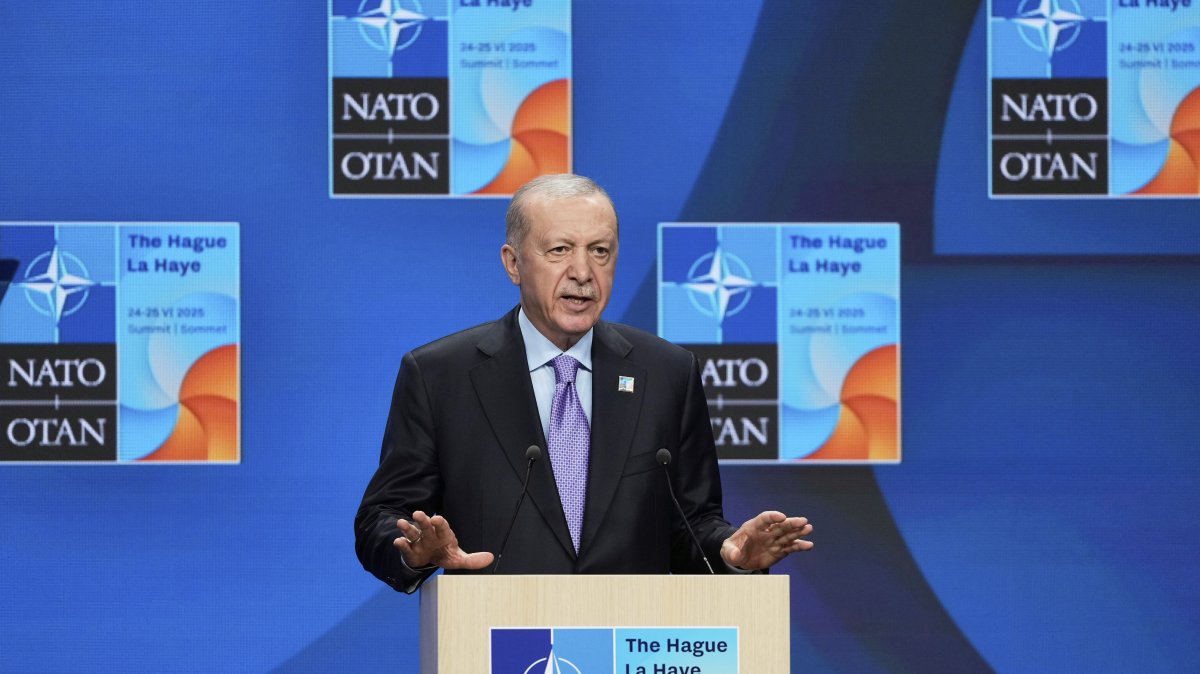



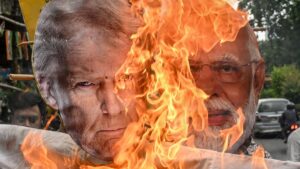
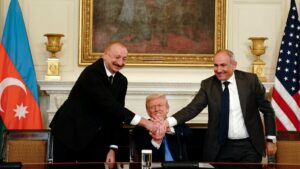

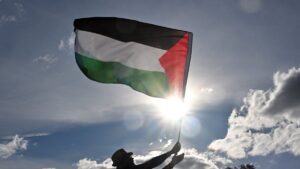
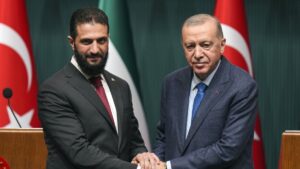



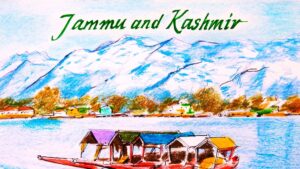

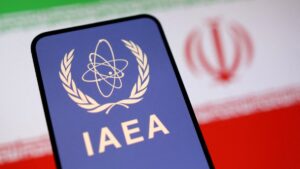
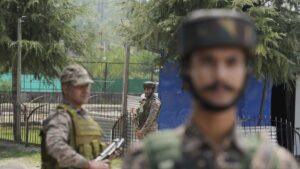
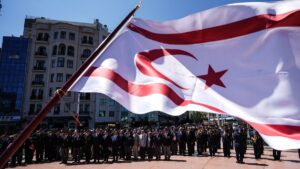

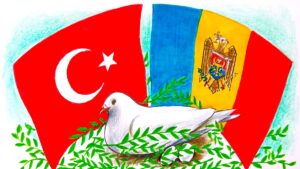

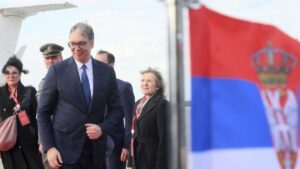
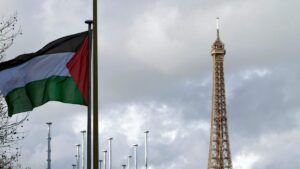
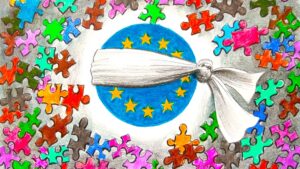


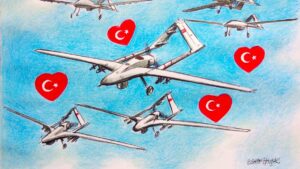
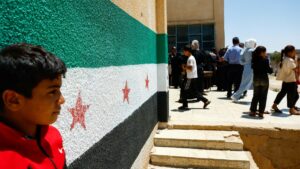

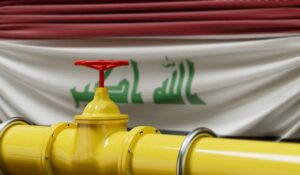
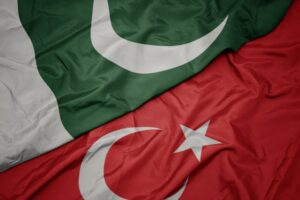
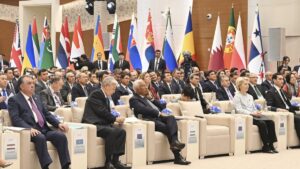
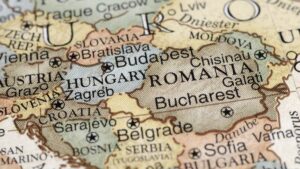



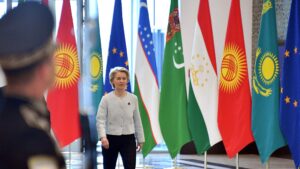

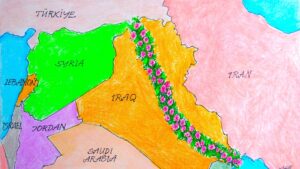


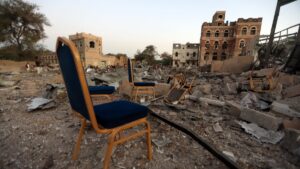
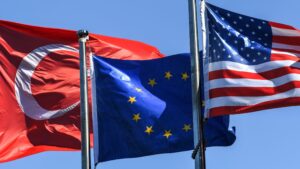
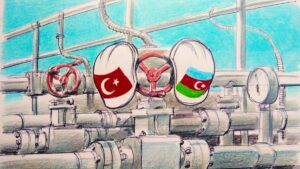

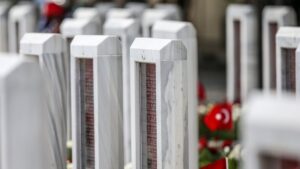
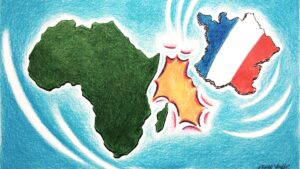
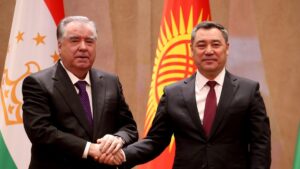
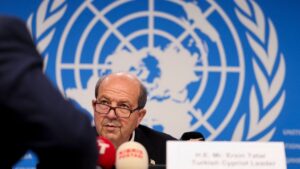
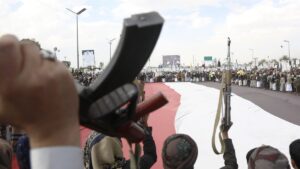


Be First to Comment